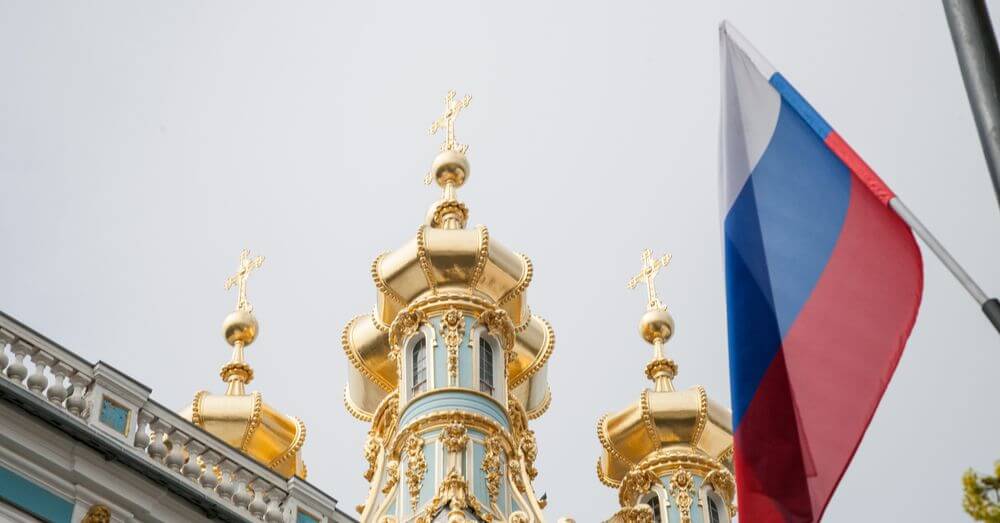
The central bank of Russia remains firm in its stance that crypto purchases are not investments, and instead are conduits for criminal activity
Russia remains unsure about its official stance on cryptocurrencies, as the country’s central bank remains adamant about treating the industry as a criminal area.
In February, the bank released a set of rules for suspicious transactions, and classified any transaction related to cryptocurrencies as a potential money laundering risk.
The country recently passed its first major legislation on cryptocurrencies, entitled “On Digital Assets” or the DFA, on July 22. It grants cryptocurrencies legal status and legitimises the trading of cryptocurrencies in the country. However, crypto as a payment method remains prohibited.
The document names the Bank of Russia as a key regulator, authorizing the bank to define the kind of investors that are eligible to trade crypto products.
First Deputy Governor at the Bank of Russia, Sergei Shvetsov, has explained the bank’s stance towards crypto investments. Shvetsov likened cryptocurrencies to pyramid schemes and roulette games during a Youtube Livestream on July 28 entitled: “New Law: What Will Change for Retail Investors. Live broadcast with Sergei Shvetsov.”
During the live streaming, Shvetsov placed special emphasis on the Bank of Russia’s stance regarding crypto purchases as an investment.
“The Bank of Russia, as a regulator, adheres to the position that crypto purchases are not an investment. It is more like a financial pyramid or roulette game and does not apply to the financial market. Either government or financial intermediaries should not encourage citizens to acquire cryptocurrencies.” he explained.
Shvetsov also claimed that no central bank around the world supports these substitutes for money, and stated that cryptocurrencies were “money surrogates.”
He reiterated that cryptocurrencies are banned by the Russian Constitution and subject to criminal liability.
Shvetsov further claimed that cryptocurrencies such as Bitcoin, are the method of choice for illicit activities, such as money laundering. As a result, they should be supported by the bank.
“Cryptocurrencies are also used to circumvent Anti-Money Laundering regulations. Therefore, we absolutely do not support citizens’ investment in this criminal sector.”
The Russian Government is working on the regulatory framework of another upcoming bill for the cryptocurrency industry, entitled “On Digital Currency.” This aims to fill in the gaps of the DFA bill regarding the actual regulation of the emerging industry.
Aside from Russia, the Reserve Bank of India (RBI) has had a wary eye on cryptocurrencies. However, they eventually reversed their decision in March 2020 following the Supreme Court’s ruling to lift the RBI’s ban.
Cryptocurrencies remain banned in Myanmar and Zimbabwe.

